“Arigatō” is now becoming known to friends around the world as an expression of gratitude, like “thank you” in English, “merci” in French, “grazie” in Italian, or “xiexie” in Chinese.
In fact, “arigatō” has a more beautiful meaning behind it that is not often introduced to foreign people. When I first learned the deeper meaning, I was so impressed with it. So I’m happy to share it with you here.
The Japanese language has four writing systems: kanji, katakana, hiragana, and alphabet.
“Arigatō” is usually written in hiragana, which simply expresses how we say it.
However, when it is written in Kanji (sometimes we find it in old books), it contains the meaning of “it is difficult to exist.”
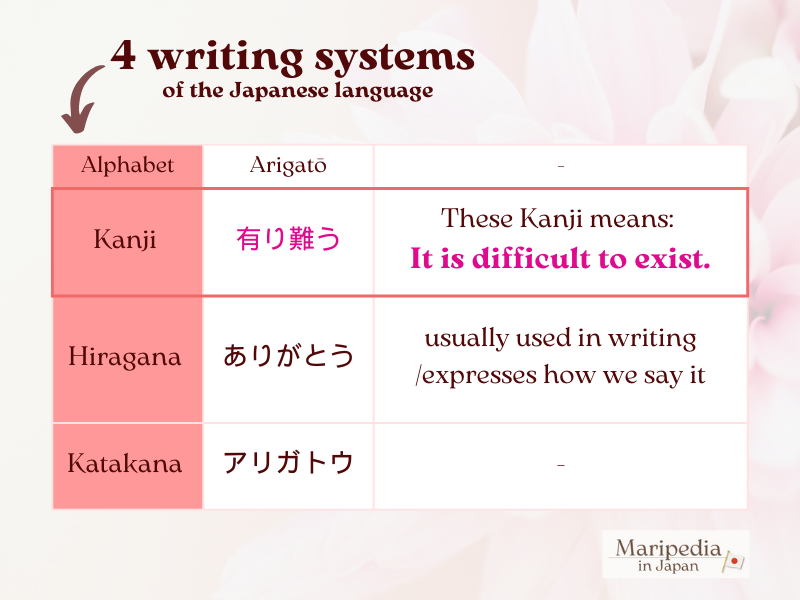
So when we say “arigatō” to something/someone, that originally implies they are not taken for granted, but rather that their existence is rare, infrequent, and precious, so they deserve to be appreciated.
With this idea behind “arigatō,” it has come to mean “thank you” or “be grateful”.
What’s interesting is when I say “arigato” to something/someone and take a moment to become firmly aware of its existence and really feel grateful that it is difficult to exist, sometimes I can feel my heart really moving and my eyes almost watering!
In everyday life, the world is always full of things that I come to expect and forget to be grateful for. Clean drinking water, paved roads, electricity in rooms, food, and sometimes even my family or a long list of friends on social media, and so on…
But when I think about the things around me, they are all created by others who worked very hard or isshokenmei (which literally means putting their life on the line). And when I reflect on the people around me, it must be a miracle to have met them at the same age on this beautiful planet.
I can’t say “arigatō” enough.
And the most important thing I feel “arigatō” for is that I was given life in this world. “Arigatō” to my father and mother for giving me life. “Arigatō” to the people who have been involved with me both in support and challenges to live this far.
Last but certainly not least, “arigatō” to you for reading this. Your existence is more than precious. I’m really grateful for you! “Arigatō!”

When Japanese people say “arigatō” or be grateful, we often bow. When bowing, men are supposed to put their hands to the sides of their bodies; women are supposed to slightly cross their hands in front of their bodies.
The angle of the bow and the length of the bow are proportional to the degree of appreciation and politeness. On formal occasions, bows can be deeper and longer.

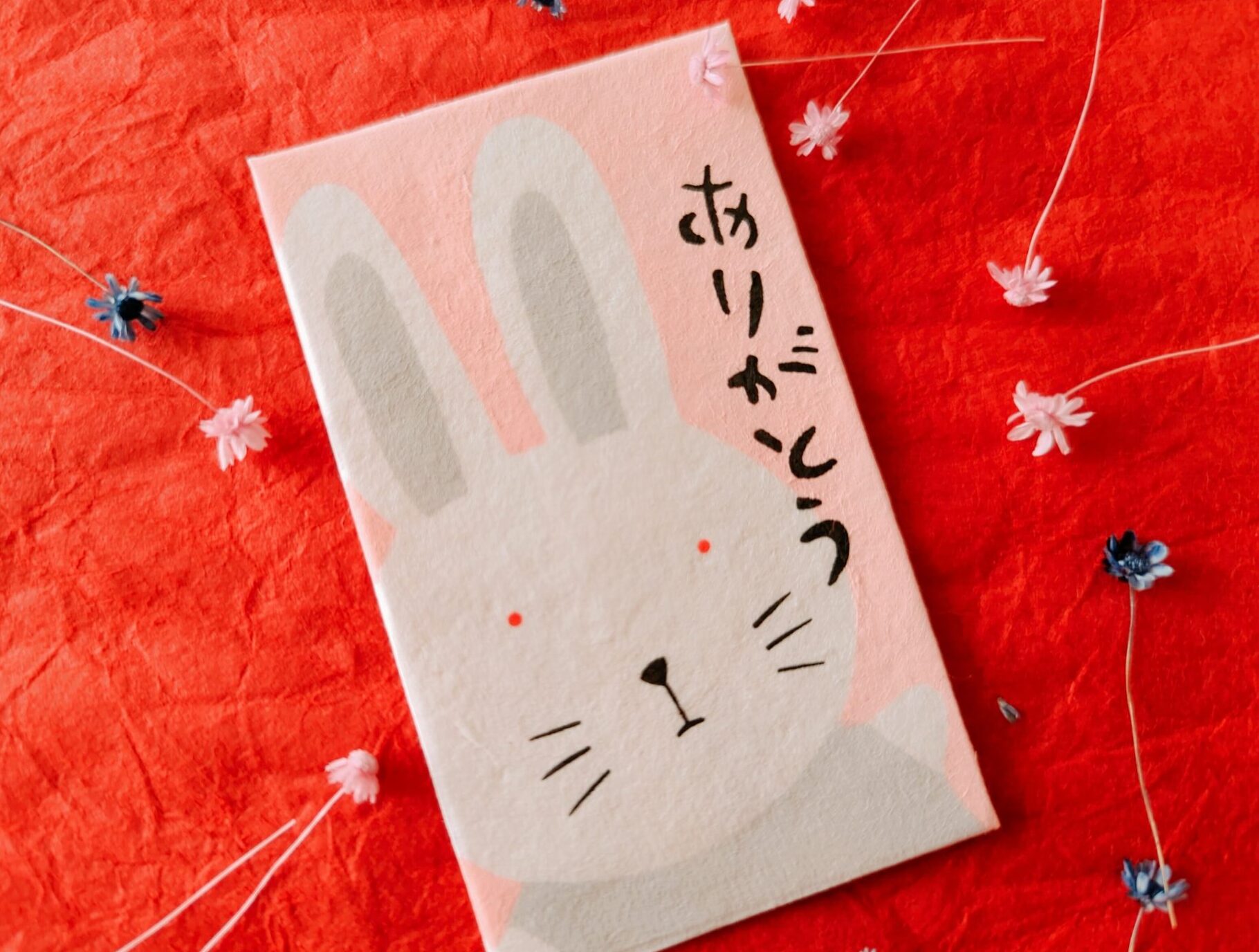


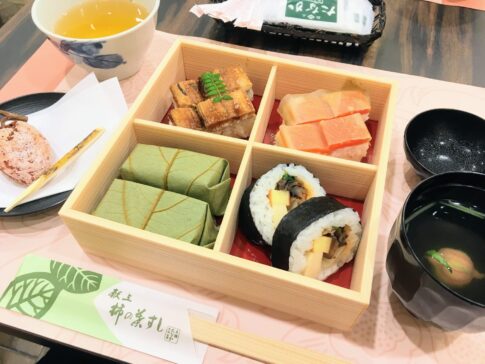

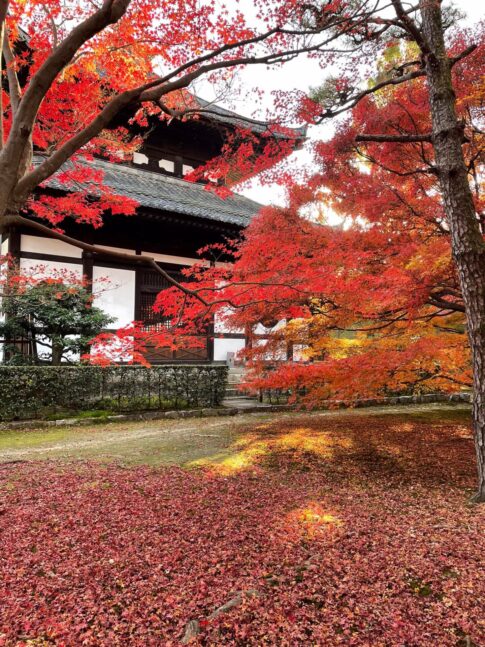
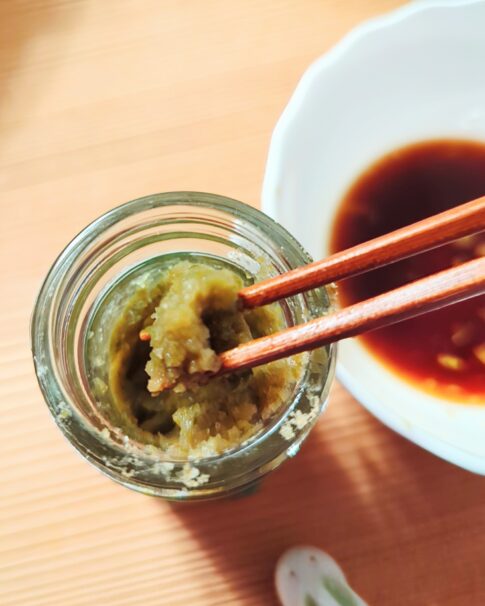

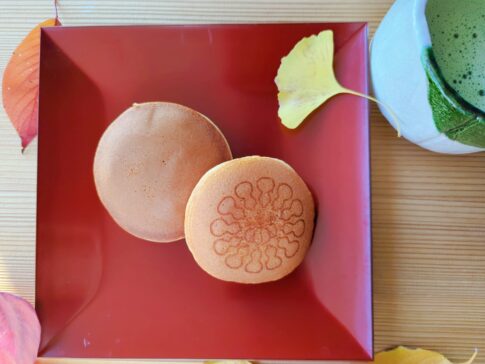
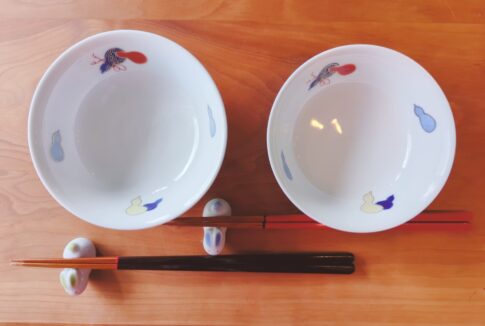
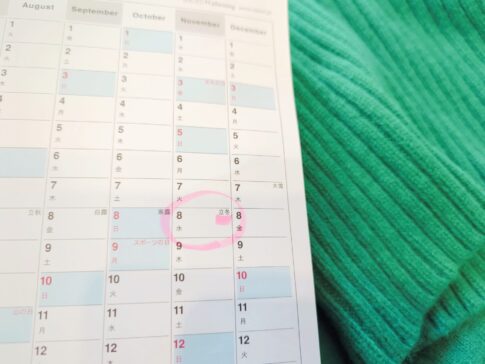
My name is Mari. I’m a native Japanese living in Japan.
I’m writing about 365 stories of Japanese daily life and culture based on my own experiences and perspectives.
#005 story is about the hidden meaning of “Arigatō.”